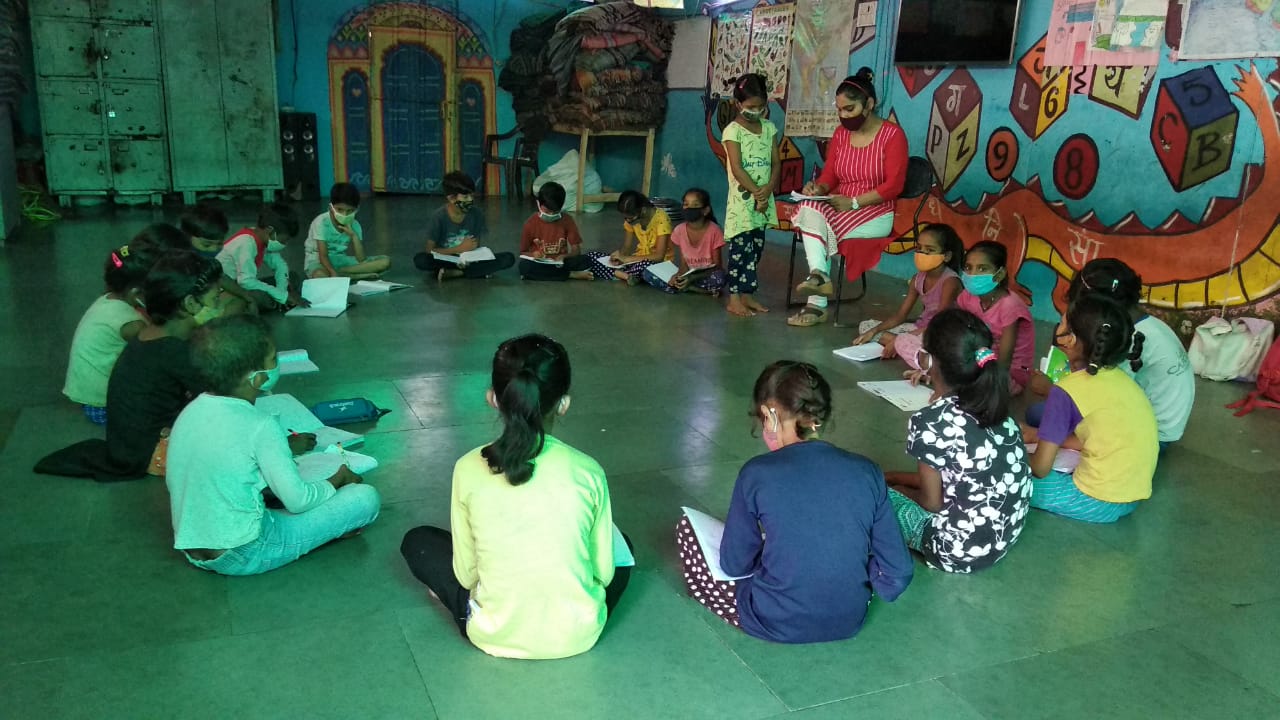In the first half of the 20th century, science fiction familiarized the world with the concept of artificially intelligent robots through movies. By the 1950s, we had a generation of scientists, mathematicians, and philosophers with the concept of artificial intelligence (or AI) culturally incorporated in their minds. But the field of AI wasn’t formally founded until 1956, at a conference at Dartmouth College, in Hanover, New Hampshire, where the term was first coined. Simply speaking, artificial intelligence is the ability of machines to perform certain tasks which need the intelligence showcased by humans and animals.
The history of AI is not without controversy and opposing views; to duplicate our humanity in a machine or which interprets human activity as the result of machine-like processes. The basic objective of AI (also called machine intelligence) is to enable computers to perform such intellectual tasks as decision making, problem solving, perception, understanding human communication (in any language, and translating among them), and the like.
Artificial intelligence is rapidly becoming embedded in the fabric of daily interactions, from navigation apps to digital assistants. The advancement of AI in the field of journalism is one of the latest breakthroughs in technology.
AI is strengthening the newsroom in various ways to enable the journalist to focus on what they do best- reporting. It also helps in automating mundane tasks. For example, Facebook uses AI to detect word patterns that may indicate a fake news story. Machines also help in generating fast outputs by putting together reports from data to develop intelligent stories.
Artificial Intelligence in Journalism: A Boon or a Bane?
Thus, artificial intelligence is transforming the news and information system which has its own pros and cons. But what if the losses weigh more than the gains? AI has driven out its human counterparts; in the future, there would be no career path for those who would hope to become journalists. In many countries, machines have already replaced the workforce. This poses a threat to progress, especially in developing countries that already face the challenge of poverty, illiteracy, and unemployment. Journalism does not only mean gathering crucial news and presenting it to people. Human touch is what makes journalism what it is supposed to be.
Apart from employment, there are other problems such as whether we can trust them to produce reliable work. These technologies can be used as a weapon to spread misinformation because anybody can use them.
Thus, AI brings with itself both dangers and opportunities for journalists. Robots could already report on the ‘what’ in news, produce stories faster, more accurately, and on a larger scale. But humans were still needed to explain ‘why’ by providing context, and being able to judge what was newsworthy.
AI in journalism can no longer be considered science fiction like in the movies. It is true that they are efficient and make work easy. However, can the eyes of the robot ever match those of a reporter on ground zero? Can it go into the human angle of news, project it in a manner so as to build an opinion? We would not be wrong in saying that we may be sleepwalking towards a future where AI systems dominate journalism at our own peril.
About the Author
Kavya Chugh is a second-year college student pursuing Psychology Hons. at Kamala Nehru College, DU. She is passionate about writing among other things such as dancing and singing and is currently also working on her own novel. An equally ardent change-maker, she has been volunteering with Wishes and Blessings since June 2021 and wishes to contribute to society through both her actions and words.


